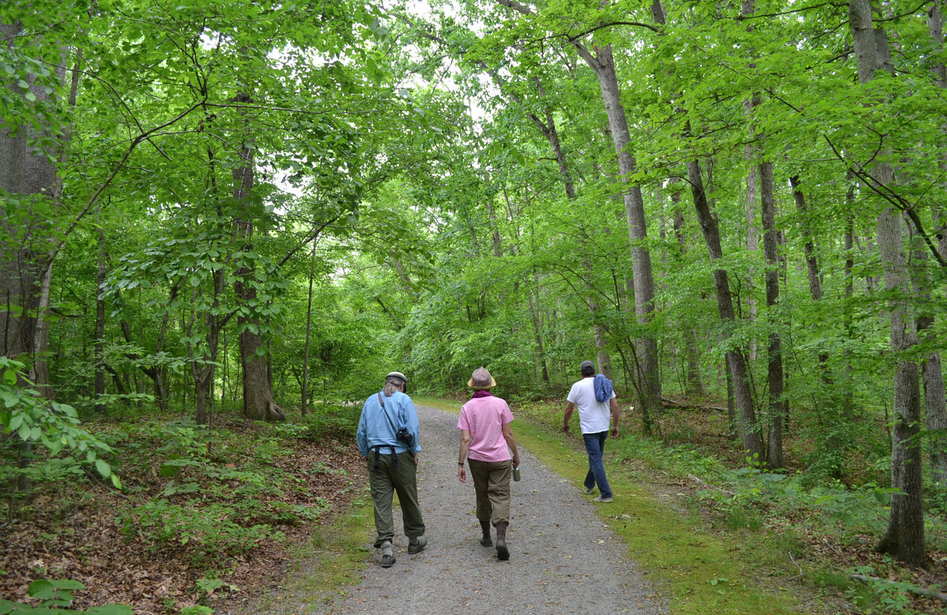October 7, 2014
It’s true: A new, large-scale study has found that taking a walk in nature diminishes depression and stress. This isn’t surprising. Our minds, emotions and spirit are interconnected with our physical environment. The restorative powers of connecting with the natural world have been well known for millennia, and now there is a bit of empirical research that demonstrates it.
The study, led by the University of Michigan and a team of British researchers, found that group nature walks were linked with significantly lower depression, less perceived stress and enhanced mental health and well-being. Although the research focused on the effects of group nature walks, it’s likely that walking by oneself has similar impact upon your mental health.
“We hear people say they feel better after a walk or going outside but there haven’t been many studies of this large size to support the conclusion that these behaviors actually improve your mental health and well-being,” says senior author Sara Warber in a summary of the research reported in Medical News Today and Science Daily. “Walking is an inexpensive, low risk and accessible form of exercise and it turns out that combined with nature and group settings, it may be a very powerful, under-utilized stress buster. Our findings suggest that something as simple as joining an outdoor walking group may not only improve someone’s daily positive emotions but may also contribute a non-pharmacological approach to serious conditions like depression.”
Moreover, the study found that people who had recently experienced stressful life events like a serious illness, death of a loved one, marital separation or unemployment especially seemed to see a mood boost after outdoor group walks. The study, published in Ecopsychology, evaluated 1,991 participants from the Walking for Health program in England, which helps facilitate nearly 3,000 weekly walks and draws more than 70,000 regular walkers a year. It was conducted by the University of Michigan with partners from De Montfort University, James Hutton Institute, and Edge Hill University in the United Kingdom.
“Given the increase in mental ill health and physical inactivity in the developed world, we are constantly exploring new, accessible ways to help people improve their long term quality of life and well-being,” Warber says. “Group walks in local natural environments may make a potentially important contribution to public health and be beneficial in helping people cope with stress and experience improved emotions.”

